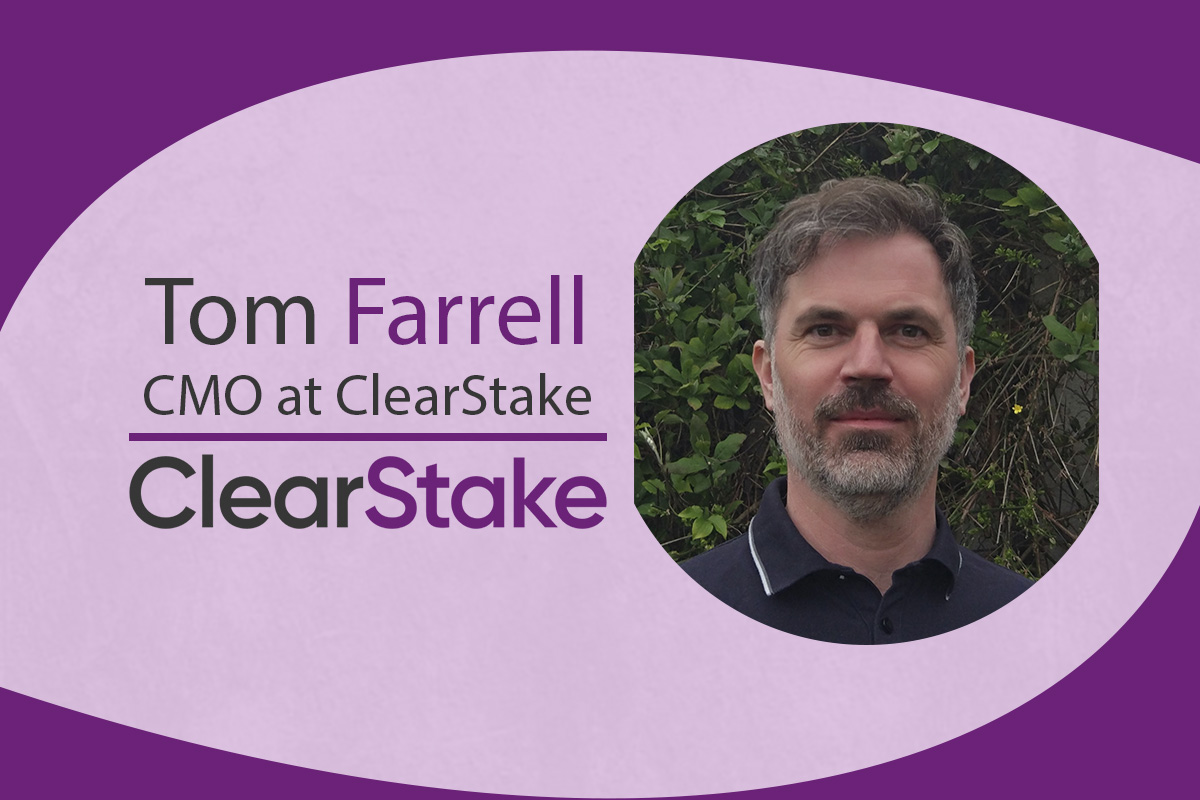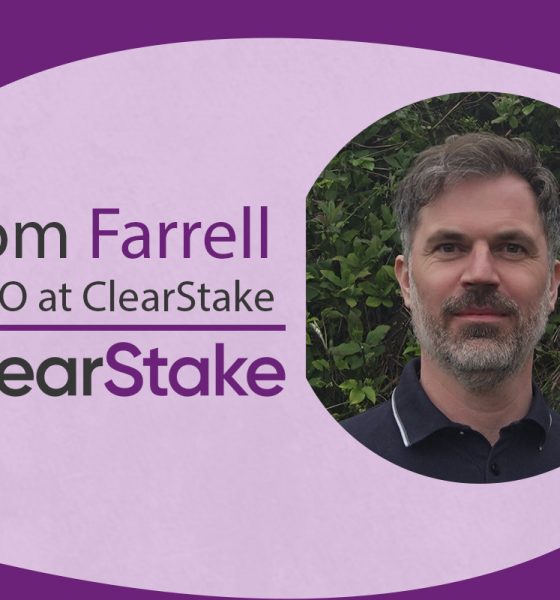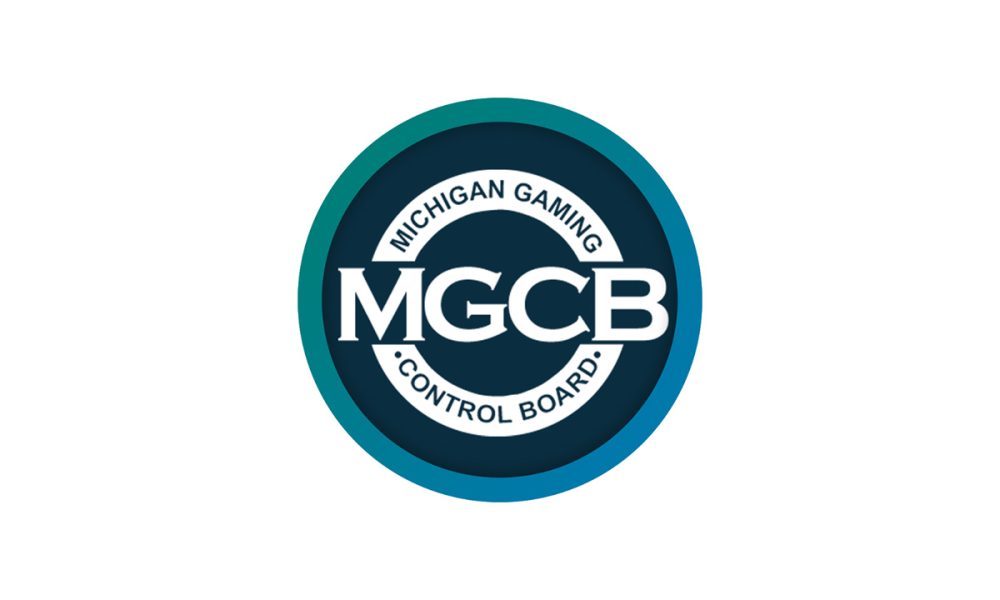

Compliance Updates
Our UKGC consultation response: Failing to protect the vulnerable should not be the White Paper’s legacy
The dust has settled and the process is complete. The consultation on the proposed changes outlined in the UK Gambling White Paper is closed so now we just have to wait and see. Whilst we do so, we thought that in the spirit of transparency, we would share our own thoughts, more or less as they were communicated in our consultation response to the UK Gambling Commision.
Offering a real-time customer risk profiling tool, ClearStake’s focus was obviously on affordability checks. But then, much of the industry’s attention has been on this topic over the last few months. This is, to our mind, the single most important challenge facing the sector. Addressing it in the right way, a way that protects both punters and operators, will be the key to a sustainable, profitable future.
And with that goal uppermost in our mind, here is what we said:
1. Affordability checks must use real financial data
Certainly at the levels of spend proposed as meriting more thorough checks (£1,000 in a day or £2,000 over the space of three months), we don’t believe there is any real substitute for real financial data, by which we mean bank data. There is simply no other way of establishing whether a player can afford to lose this amount of money or not. Everything else – including data from credit reference agencies – is guesswork. We believe that the single greatest mistake that could be made during this process is not solving the problem of financial harm caused by gambling. That won’t be an issue if the government requires decisions to be made by operators in possession of a proper financial picture of their customers.
2. We can solve two problems at once
The consultation focused on affordability checks, but it would be almost perverse to ignore the wider reality at play here. Operators also have to perform anti money-laundering and source-of-funds (SOF) checks on their customers, and they do so by looking at bank statements. Given this is the case, it makes a lot of sense to us to effectively combine both these requirements within a single check.
3. At higher spend levels, it makes sense to keep customers connected
There has been a lot of talk about how frequently checks should take place, or to put that another way, whether it should be necessary to go back to a customer within six months or a year if they have already passed a check. To us, this rather misses the opportunity presented by Open Banking in particular. After the first check, assuming the player allows it, any checks in future can be entirely frictionless. The connection can remain in place and used when necessary (and only when necessary!) in order to make the ongoing compliance relationship as smooth as possible. We don’t expect ongoing connection to be mandated, but it should certainly be held up as best practice for all concerned.
4. Some of the proposed data points make little sense
When a solution that takes guesswork out of the equation is available, does it really make sense to suggest that postcodes and job titles are meaningful ways to determine an individual’s financial situation? We don’t think so. We believe that continuing to ‘lean in’ to data like this gives a misleading impression that it is good enough. It isn’t. Even as part of a broader decision-making process, it is very difficult to see where some of these data points fit in. You could say the same, of course, about missed loan repayments from three years ago.
5. The solution exists – why cobble together a new one?
Hovering behind the entire consultation process appears to be a not-quite-defined ‘solution’ to the affordability challenge. This is apparent in the various hints towards the use of CATO data (let’s just say it, even if the Commission aren’t willing to) and a hodge-podge of random data points in order to make affordability decisions, as part of a system that would have to be piloted in order to ensure a) it works and b) it doesn’t create data security issues.
Leaving aside the absurdity of asking us to judge the merits of an approach that hasn’t actually been defined, we would simply point out that in Open Banking, a solution to this challenge already exists. One that is already used by over 7 million people in the UK, by most UK operators to handle payments, and already used to handle affordability and SOF checks by forward-thinking operators. Why on earth are we re-inventing the wheel?
So there you have it. That’s what we told the consultation, albeit in language a little less colourful. I hope they listen.
Australia
AUSTRAC Intelligence Helps Crack Gold Laundering Case Linked to Gambling

AUSTRAC intelligence sparked an investigation that helped the Law Enforcement Conduct Commission (LECC) to uncover a NSW police officer who sold more than $1.3 million in family gold bars to fund a gambling addiction.
The officer was found by the LECC to have engaged in serious misconduct after taking 12 gold bars, weighing 50 ounces each that belonged to his uncle and was stored underneath his mother’s house.
He falsified know your customer forms to sell the bullion to 2 dealers, claiming the gold was a birthday gift or inheritance and then he used the proceeds on sports betting apps and later admitted to the false information stating he “needed the money”.
AUSTRAC first raised the alarm by flagging transactions, including significant gold sales to a bullion dealer with reported money laundering links.
Operation Dartmoor was launched and uncovered the full extent of misconduct.
The officer resigned from the NSW Police Force and has been referred to the Department of Public Prosecutions.
AUSTRAC CEO Brendan Thomas said the case highlights the risks facing the bullion sector.
“Gambling harm doesn’t just drain bank accounts, it can drive desperate people into crime,” Mr Thomas said.
“When gambling turns to addiction, people often look for fast money and that can mean stealing, fraud or money laundering.
“Bullion is portable, valuable and attractive to people wanting to use it illegitimately.
“If you trade in bullion, you are part of the front line in stopping its exploitation.
“Your AML/CTF controls are the difference between being a trusted dealer or a weak link for crime.
“Every transaction is a potential red flag – it’s your responsibility to look twice, and if needed, report it.”
The post AUSTRAC Intelligence Helps Crack Gold Laundering Case Linked to Gambling appeared first on European Gaming Industry News.
Betty Wins
MGCB Orders Four Offshore Online Casinos to Cease Operations in Michigan

The Michigan Gaming Control Board (MGCB) has issued cease-and-desist letters to four unlicensed online casinos—Betty Wins, Orbit Spins, Pacific Spins Casino, and Yabby Casino—all operated by Tech Zone Inc., a company registered offshore in the Union of Comoros.
The enforcement action is part of the MGCB’s ongoing commitment to protect Michigan residents from illegal gambling platforms that lack oversight, player safeguards, and responsible gaming protections.
“These offshore operators lure players with flashy ads and promises of big winnings, but in reality, they put consumers at serious financial and personal risk. We will continue to take strong action against unlicensed sites to ensure gambling in Michigan is legal, fair, and secure,” said Henry Williams, Executive Director of MGCB.
Under Michigan law, only MGCB-licensed operators are authorized to offer internet gaming and sports betting. Tech Zone’s four brands were found to be illegally targeting Michigan residents, violating the Lawful Internet Gaming Act, the Michigan Gaming Control and Revenue Act, and sections of the Michigan Penal Code.
“Illegal operators may use familiar branding or social media ads to appear trustworthy. But if the site isn’t licensed by the MGCB, it isn’t safe. We encourage all players to check before they bet,” Williams said.
The post MGCB Orders Four Offshore Online Casinos to Cease Operations in Michigan appeared first on Gaming and Gambling Industry in the Americas.
Compliance Updates
CT Interactive grows its certified portfolio in Romania

CT Interactive is strengthening its presence in Romania’s regulated iGaming market by certifying 20 new games, bringing its total portfolio in the country to 101 titles. This is a significant achievement in the company’s European growth strategy.
Among the new certified releases are fan favorites such as Lucky Clover 10, the latest addition to the beloved Clover series featuring vintage-inspired graphics and nostalgic design elements, and 20 Mega Star, a classic fruit-themed slot that combines familiar gameplay with modern visuals to keep players engaged. Both titles have already proven their success across multiple international markets with strong player engagement.
Additionally, CT Interactive is launching its new Buy Bonus product line in the Romanian market. This exciting lineup includes Doctor Winstein Buy Bonus, Duck of Luck Buy Bonus, Fruits & Sweets Buy Bonus, Nanook the White Ghost Buy Bonus, and Hyper Cuber Buy Bonus — all offering thrilling bonus features and enhanced gameplay tailored to local player preferences.
“Certification in Romania is an important part of our European growth strategy,” said Martin Ivanov, COO of CT Interactive. “This expansion not only strengthens our presence but also enables us to offer a diverse and premium range of content to the regulated Romanian market.”
With these new certifications, CT Interactive continues to be a trusted provider of engaging gaming content, offering Romanian operators a broad range of advanced titles fully aligned with local regulatory standards.
The post CT Interactive grows its certified portfolio in Romania appeared first on European Gaming Industry News.
-

 gaming3 years ago
gaming3 years agoODIN by 4Players: Immersive, state-of-the-art in-game audio launches into the next generation of gaming
-
EEG iGaming Directory8 years ago
iSoftBet continues to grow with new release Forest Mania
-
News7 years ago
Softbroke collaborates with Asia Live Tech for the expansion of the service line in the igaming market
-
News7 years ago
Super Bowl LIII: NFL Fans Can Bet on the #1 Sportsbook Review Site Betting-Super-Bowl.com, Providing Free Unbiased and Trusted News, Picks and Predictions
-
iGaming Industry8 years ago
Rick Meitzler appointed to the Indian Gaming Magazine Advisory Board for 2018
-
News7 years ago
REVEALED: Top eSports players set to earn $3.2 million in 2019
-
iGaming Industry8 years ago
French Senator raises Loot Boxes to France’s Gambling Regulator
-
News7 years ago
Exclusive Interview with Miklos Handa (Founder of the email marketing solutions, “MailMike.net”), speaker at Vienna International Gaming Expo 2018











